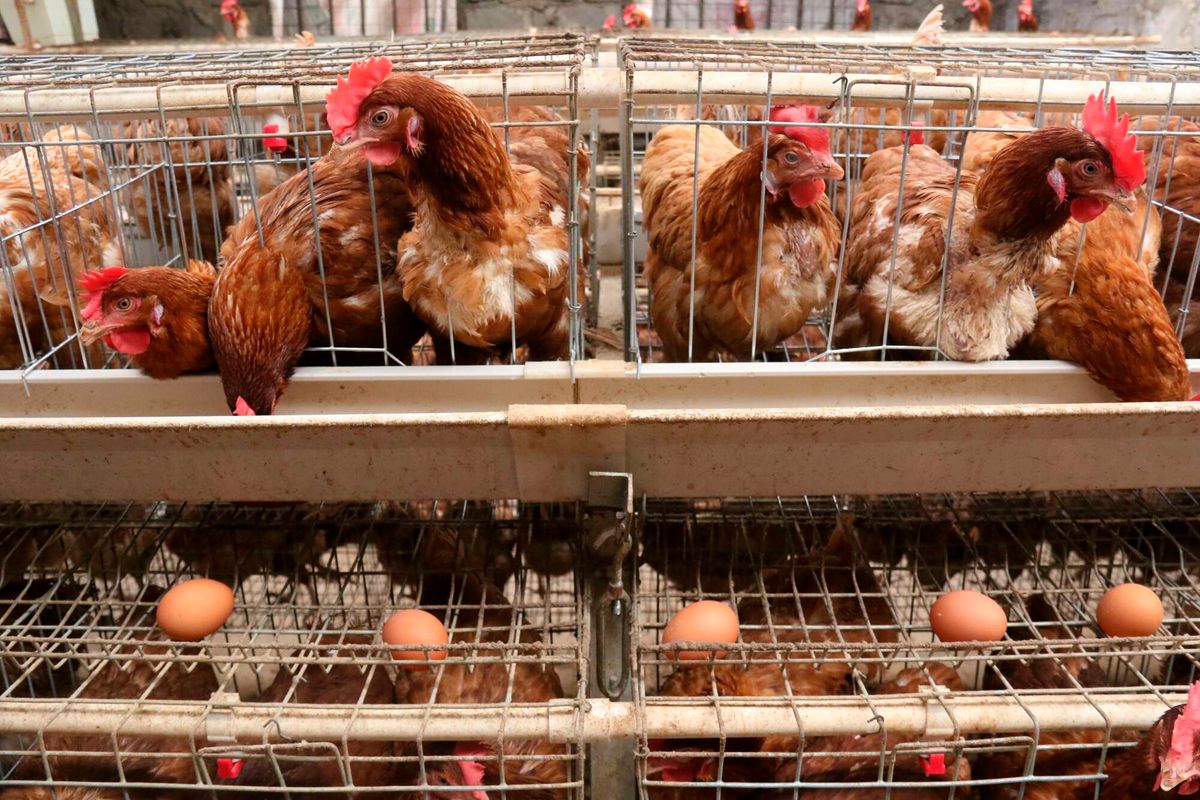
Kenya will no longer impose excise taxes on EAC eggs and onions
In an effort to encourage intra-African commerce, Kenya has suggested eliminating the East African Community’s (EAC) excise taxes on eggs, potatoes, and onions.
The Treasury Cabinet Secretary of Njuguna Ndung’u Kenya stated on Thursday that the EAC finance ministers had decided on some special steps to safeguard the region’s businesses during a pre-budget meeting in May.
He suggested eliminating the 25 percent excise levy that was imposed on the goods last year, which had an impact on trade relations between Kenya and her neighbors, during his 2024–25 Budget speech before Parliament.
He stated, “I propose the removal of this excise duty on import eggs, potatoes, and onions originating from East African Community partner states, subject to goods meeting the EAC rules of origin, to promote trade across the East African region.”
The removal of the duties may have resulted from discussions between Ugandan President Yoweri Museveni and Kenyan President William Ruto, as Uganda has been a major exporter of eggs to Kenya.
Kenyan customers have seen a sharp rise in the cost of goods; according to the most recent data from the Kenya National Bureau of Statistics (KNBS), the price of a kilogram of onions had climbed by 67.7 percent by May, while the price of a kilogram of potatoes had increased by 10%.
Egg costs have also increased.
Common External Tariff
The EAC ministers also decided to apply higher tariffs where needed to support local production in the area and to grant stays of application of the Common External Tariff, which will increase the competitiveness of goods made locally.
According to Prof. Ndung’u, “the ministers also agreed on duty remission for inputs and raw materials used by local manufacturers to facilitate EAC domestic production.”
Prof. Ndung’u stated, “Kenya was granted an extension of the current stay of application to import rice at a duty rate of 35 percent or $200 per metric tonne, whichever is higher, for one year instead of EAC CET rate of 75 percent or $345 per metric tonne, whichever is higher, in order to meet local demand and enhance food security on key staple foods.”
Additionally, under the EAC Duty Remission Scheme, wheat will be imported at a duty rate of 10% rather than 35% for a year, with the CET rate being either 75% or $345 per metric ton, whichever is higher.
Kenya also extended the duty-free period of one year throughout the region to include parts used in the assembly of motorcycles, at a rate of 10%.
The standard EAC tax rate of 25 percent would be replaced with a 35 percent tax on iron and steel products.
While imported leather bags would be subject to a 35 percent charge instead of the EAC’s 25 percent, animal feed will remain duty-free.
All Categories
Tags
+13162306000
zoneyetu@yahoo.com


